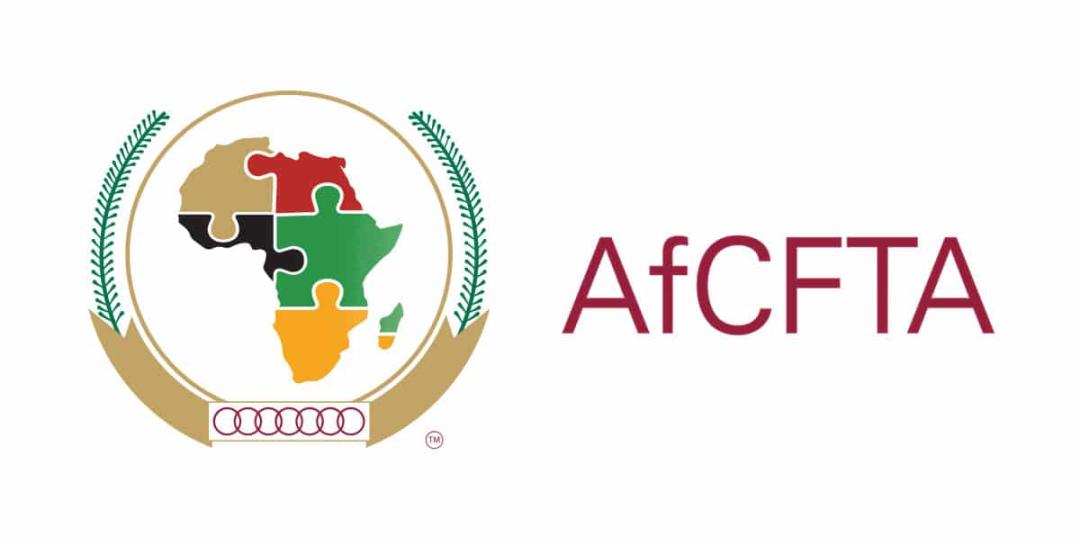A United Nations survey conducted in seven sub-Saharan countries confirms that last year’s January 1 implementation of the African Continental Free Trade Area (AfCFTA) seems to have been theoretical.
In real terms, on the ground, the Area has perceptibly not made much of a difference – if any at all – for companies or traders from Angola, Côte d’Ivoire, Gabon, Kenya, Namibia, Nigeria and South Africa.
In 2018 already, the AfCFTA’s Country Business Index showed that intra-African trade was to a large extent locked in by cross-border barriers, especially excessive tariffs and unsynchronised country-to-country hold-ups.
In the run-up to the January 2020 implementation of the AfCFTA, especially after much wrangling over the ratification of statutory instruments, it was widely held that the eradication of non-tariff barriers (NTBs) alone would go a long way towards unlocking the continent’s internal trade possibilities.
Wind the clock on and not much has changed, the UN has found through its Economic Commission for Africa (UNECA).
A primary point brought to bear through the UNECA survey, is that private-sector interests in general feel that there’s no support for businesses between countries to benefit from AfCFTA arrangements.
On the customs front, for example, procedures and related fees appear to be carrying on as if nothing has changed.
More importantly, ‘unauthorised charges’ – bribery in forthright terms – have been identified as a major issue impeding the free-flow of freight.
These complaints, about tariffs and NTBs and palm-greasing fees are nothing new, and the fact that it has been highlighted once more by UNECA doesn’t bode well for the AfCFTA.
Admittedly, the Area was implemented about a year into a global pandemic that shook world trade to its core, causing markets to go into lockdown, trade lanes to shut down, and countries to react in a manner that cast an ugly glare on inharmonious Covid-curbing methods.
Botswana, for example, dug its heels in about polymerase chain reaction tests, the PCR screening regimen that costs the most but also take the longest at the lab.
Its neighbour to the north-east, Zambia, in comparison was more lenient with its antigen approach at one stage.
The situation caused truck drivers to crowd in their thousands at borders like Kazungula on the Zambezi, creating a spreader event in appalling conditions.
In a perfect world, or at least one where trading blocs like the Southern African Development Community (SADC) are supposed to work together according to AfCFTA alignments, one would expect trade across the continent to have been bolstered.
Not so, the UNECA survey has found.
Everything but exactly, with tariffs, additional fees, ‘unauthorised charges’ and NTBs topping the list of survey participants griping about issues as old as trading blocs such as the SADC itself.
Africa, it seems, has figured out how to arrange letters in a certain way to grab the public’s attention. SADC, AfCFTA – in the end it’s just alphabet soup.
But it’s also not all bad, the survey says.
Sanitary and phytosanitary arrangements, seems to have improved.
It involves other areas of technical complications that AfCFTA has apparently ironed out.
Unfortunately, it does not include arrangements around rules-of-origin (ROO), one of the most difficult-to-navigate areas of country-to-country harmonisation.
Complying with ROO rules, the survey shows, is one of the most restrictive elements of adhering to AfCFTA specifications.
This is especially the case with informal and emerging trades, easily one of the continent’s largest market segments.
Of course, as is well known, where traders can’t comply with rules and regulations governing trade, measures are undermined to ensure that business continues.













